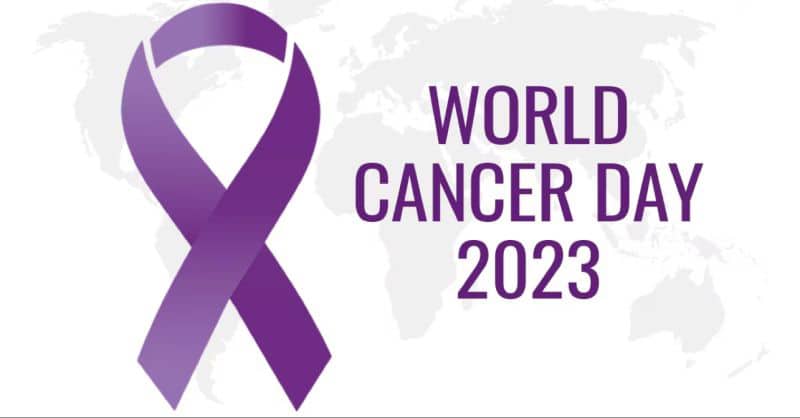KUWAIT: Under the 2023 World Cancer Day theme "Uniting Voices and Taking Action", the Pharmaceutical Research and Manufacturers of America Middle East and Africa (PhRMA MEA), the International Alliance of Patients' Organizations (IAPO) and the Personalised Cancer Care Alliance (PCCA) joined forces to debate how individualized cancer care offers a new promise to cancer patients.
The webinar panelists Dr Guy Fones, head of Global Coordination Mechanism on NCDs at the World Health Organisation (WHO), Hana Chaar Choueib, board of directors member at Union for International Cancer Control (UICC) and general manager at Children's Cancer Center of Lebanon (CCCL), Kawaldip Sehmi, CEO, at IAPO and Abigail Amit, director of Patient Engagement and Innovation at Merck Sharp & Dohme GmbH, shone a spotlight on how precision medicine is empowering cancer patients to take a more active role in their therapy. Established to enable the right treatment to be given to the right patient at the right time, this model of care's ultimate objective is to provide better outcomes, improved patient safety and a reduced risk of adverse events.
"Cancer is one of the leading causes of mortality worldwide, accounting for nearly 10 million deaths in 2020 - a figure that equates to nearly one in every six deaths. Personalized Cancer Care (PCC) along with precision medicine, offers the promise of refining treatment decisions for those diagnosed with certain types of cancers," said Gertraud Eckart, director of Oncology at Merck Sharp & Dohme GmbH.
Hosting the webinar, which saw the participation of over 200 people logging in from around the world, Eckart explained that her organization was working hard to spread awareness of personalized healthcare and the numerous benefits that it confers for patients, health care professionals and systems.
"The position paper 'Personalised Cancer Care in the Eastern Mediterranean Region' is a first of its kind to put Personalized Cancer Care in the spot light with thought pieces from scientists and key leaders in the field as well as policy recommendations targeting the overall PCC scene in the region. This paper was produced with the help and support of patients' organizations and civil society in the region, making it a seminal reference when it comes to Personalized Cancer Care with "actual" patients' voices being integrated within the paper. It provides a comprehensive road map and a way forward to make sure that Personalized Cancer Care will be accessible to all patients in low- and middle-income countries."
Sehmi summed up the alliance's concept of PCC with "5 Ps" - predictive, preventative, personalised, participatory and pre-emptive. Predictive relates to better identification of those at risk of developing cancer; preventative involves health education and promotion campaigns; participatory means ensuring that individuals are actively involved in their cancer care; personalized covers using the latest technology to deliver tailored treatments; and pre-emptive focuses on empowering health systems to tackle situations before they deteriorate.
"The World Cancer Day is not only to raise the voices and shed light on the day but also it is a fight to achieve. It is a fight to ensure proper diagnosis and treatment for the right patients, at the right time, at the right locations, and make the experience as good as possible for them. It is the call to take action to prevent and educate about cancer. This will yield the right outcomes desired of reducing mortalities and increasing cure rates, hopefully to reach the UN agenda 2030 targets of Sustainable Development Goal 3. It is the call to build partnerships and join efforts. It is a reference report for the cancer community to highlight on the longstanding inequities in cancer care within and between countries across the world." said Choueib.
Dr Fones, outlining the importance of the individual with lived experience perspective and the WHO's commitment on this topic, said: "We need to move from the current cancer care model of treatment being something that is done to individuals and instead move to a holistic system that meaningfully engages and better integrates those with lived experience of cancer as active partners in the process."











